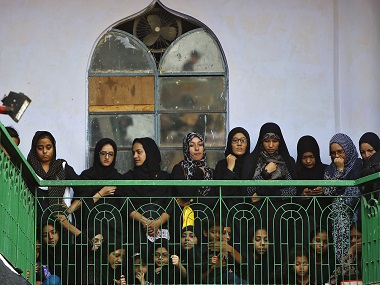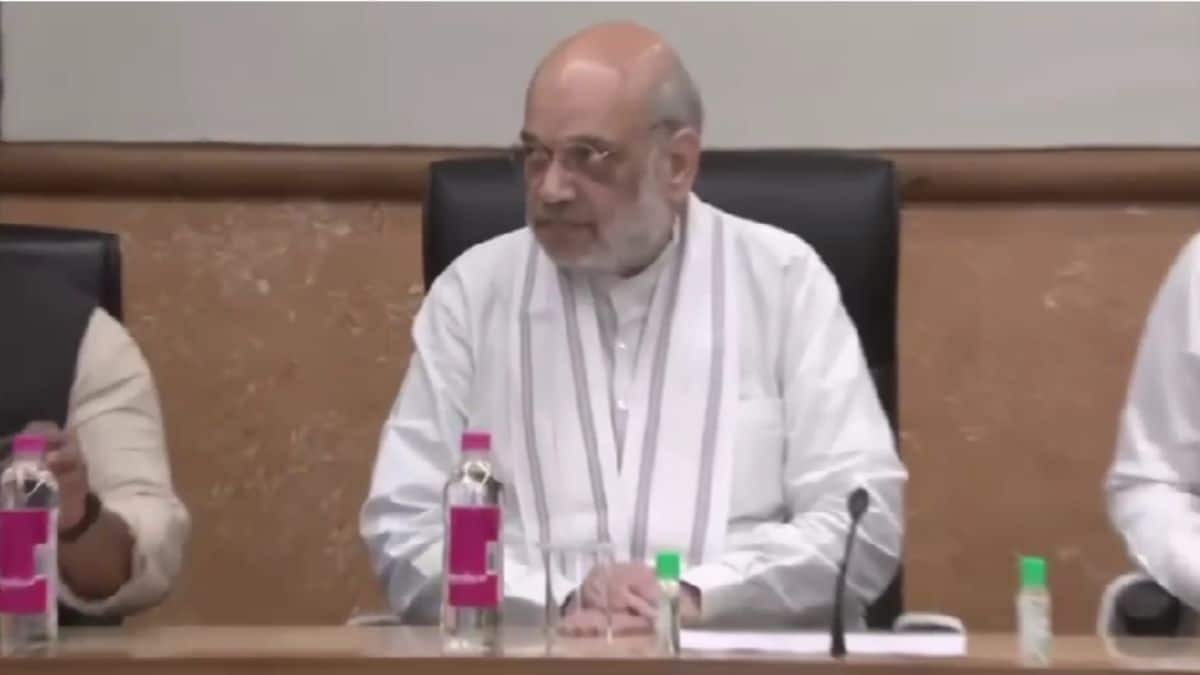On Tuesday, a five-judge bench of the Supreme Court, by a narrow 3:2 majority,
struck down the practice of talaq-e-biddat – ‘instantaneous triple talaq’ – as unconstitutional. Women’s movements across the country, among others, have
lauded the judgment for striking down this regressive and patriarchal practice. This article seeks to, briefly, examine the contours of the Supreme Court’s judgment, including its limitations. The primary question before the Supreme Court was whether the practice, which authorised a Muslim man to unilaterally, irrevocably and instantaneously divorce his wife by saying the word ‘talaq’ three times in succession was constitutionally valid or violated the fundamental rights guaranteed under the Constitution of India, particularly Articles 14 (equality before law), 15 (protection against discrimination) and 21 (protection of life and personal liberty). To answer this question, the Supreme Court had to first examine whether instantaneous triple talaq was a practice regulated by codified/statutory law (i.e. the Muslim Personal Law (Shariat) Application Act, 1937) or whether it was merely in furtherance of uncodified religious practice or ‘personal law’. This is important because of the existing position of law as had been laid down by the Bombay High Court in 1951 in the case of
State of Bombay versus. Narasu Appa Mali. [caption id=“attachment_3964173” align=“alignleft” width=“380”] Representational image. Reuters[/caption] In Narasu, the high court held that personal laws were not subject to judicial scrutiny and cannot be examined for violating fundamental rights. Therefore, if the Supreme Court found that triple talaq was a practice sanctioned by a statute, the 1937 Act, it could be examined for violation of fundamental rights. On the other hand, if it found that triple talaq was a part of uncodified ‘personal law’, it would have to revisit the decision in Narasu and answer a second question as to whether uncodified personal law could be subject to a scrutiny for violating fundamental rights and whether the practice of triple talaq did in fact violate any fundamental rights. The majority outcome While the
majority judges agreed on the outcome of striking down instantaneous triple talaq as unconstitutional, they took two different routes to arrive at that outcome. Justice Rohinton Nariman, with whom Justice UU Lalit concurred,
held that the practice of triple talaq derived statutory sanction from the 1937 Act, and could therefore be subject to a challenge for violating fundamental rights. Having so found, their judgment sought to analyse whether the practice of triple talaq would be protected by Article 25 of the Constitution (freedom of conscience and free profession, practice and propagation of religion). While doing so, the judgment made forays into the domain of Islamic practices and held that instantaneous triple talaq is not essential to the practice of Islam and does not therefore benefit from the constitutional protection granted by Article 25. The judgment then went on to examine whether triple talaq is inconsistent with any of the fundamental rights. While doing so, the judgment upheld the doctrine of manifest arbitrariness as a valid touchstone for examining the constitutionality of a practice, overruling a series of decisions that held the contrary view. The doctrine of manifest arbitrariness allows the striking down of a law under Article 14 on account of being capricious, irrational, disproportionate or excessive. The judges went on to hold that the practice of triple talaq violates Article 14 of the constitution for being manifestly arbitrary. Specifically, Justice Nariman held:
"…This being the case, it is clear that this form of Talaq is manifestly arbitrary in the sense that the marital tie can be broken capriciously and whimsically by a Muslim man without any attempt at reconciliation so as to save it. This form of Talaq must, therefore, be held to be violative of the fundamental right contained under Article 14 of the Constitution of India…"
Justice Kurian Joseph, in a separate opinion , held that triple talaq is bad in theology and therefore bad in law and lacks legal sanctity. Justice Joseph differed from Justices Nariman and Lalit, inasmuch as he held that triple talaq was not regulated by the 1937 Act, rather it fell within the domain of ‘personal law’. He, however, relied on the earlier Supreme Court decision in Shamim Ara versus State of UP and concluded that triple talaq was not integral to Islam, was against the tenets of the Quran and Shariat, and therefore constitutionally void.Despite the inconsistencies in the reasoning of the two sets of opinions constituting the majority judgment, the conclusion arrived at by these judges is consistent in striking down the practice of instantaneous triple talaq as unconstitutional. The dissent The two judges who delivered the minority opinion, authored by Chief Justice JS Khehar with Justice Abdul Nazeer concurring, took the position that triple talaq is not regulated by the 1937 Act, rather it is an integral and constituent part of personal law. They went on to hold that since the practice of triple talaq was not contrary to public order, morality and health, it enjoyed the constitutional protection granted by Article 25. Surprisingly, they also held that the practice was not amenable to a challenge on grounds of Articles 14, 15 and 21, because these provisions are limited to State actions, whereas the practice of triple talaq regulated the conduct of private parties. In so doing, the minority opinion held that the practice of triple talaq was not inconsistent with constitutional values and fundamental rights, and directed the government to consider legislating on the issue.
With due respect, the dissenting opinion is based on rhetoric rather than sound jurisprudence or legal analysis. What is even more surprising is that the dissenting judges felt compelled to grant a ‘relief’ (injuncting the practice of triple talaq for an initial period of 6 months during the legislative process) despite recording no finding of constitutional infirmity with the practice.
A missed opportunity The majority opinions have been commended by many, including feminist legal activists, as a necessary step in reforming inherently patriarchal and discriminatory practices, and rightly so. The exposition of law on the doctrine of arbitrariness to strike down a practice as unconstitutional would also have been commendable, had the Supreme Court not entirely overlooked the issues of gender justice, which were at the forefront of the case. The issue was more of discriminatory treatment meted out to Muslim women through the ‘capricious and whimsical’ practice of men, rather than that of arbitrariness. Numerous arguments were advanced before the Supreme Court on the practice of triple talaq being antithetical to gender justice in general, and to Article 15 and the provisions of the Convention on the Elimination of All Forms of Discrimination Against Women (CEDAW), to which India is a signatory, in particular. Unfortunately, the Supreme Court has chosen to use this case to set the legal position right on the doctrine of arbitrariness, wholly sidelining the very pressing issue of sex discrimination. That being said, Justice Nariman specified in his judgment that since he based his decision on the narrower ground of arbitrariness, there was no occasion to examine the grounds of discrimination. Nonetheless, the lack of exposition on gender discrimination and the the missed opportunity to ground the decision in progressive sex discrimination jurisprudence in such a seminal case is a major drawback in an otherwise welcomed decision. As we celebrate this judgment, I hope that at the next available opportunity the Supreme Court gives issues of sex discrimination a fair consideration. The author is a New Delhi-based lawyer.


)

)
)
)
)
)
)
)
)



